westbrooke capital hospitality success a tribute to the power of the section 12J incentive
12 November 2018The Section 12J tax incentive is having a positive effect on South Africa’s hospitality industry, unlocking new hotel developments and enabling the creation of new, sustainable job opportunities in an important sector of the South African economy.
That’s the view of Marc Wachsberger, MD and founder of The Capital Hotel and Apartments Group (The Capital), South Africa’s fastest growing hotel chain. The Capital is a hotel operator which manages over 1500 hotel rooms nationwide, .
The Capital has grown significantly in the past three years, and Wachsberger attributes a significant portion of this to the investment capital provided by Westbrooke Capital Hospitality (WCH) , a Section 12J company established in 2016. WCH has raised R 450 million into its hospitality investment strategy which invests into hotel businesses operated by The Capital. To date, WCH has invested / allocated over R320 million in line with this mandate.
According to Wachsberger, it was only the injection of the R50m WCH equity that made it possible for The Capital’s flagship hotel, The Capital on the Park, to be built. This R500 million, 320-room hotel development which includes a versatile conference centre that can accommodate up to 500 delegates is the largest conference venue in Sandton and is already successfully attracting conferences to the area. Some 500 jobs were created during the construction of The Capital on the Park Hotel which, now that it is fully operational, provides full-time employment to 145 people. WCH
Similarly, WCH’s injection of another R50m equity enabled the construction of The Capital Melrose Hotel, a R140m hotel development close to Melrose Arch in Johannesburg. In addition to these hotel businesses, WCH has invested in The Capital on Bath Hotel in Rosebank, The Capital Mirage Hotel in Cape Town and The Capital 20 West in Morningside.
Wachsberger indicated that a total of 1 650 people were employed during the construction of these hotels, which between them have resulted in the creation of an additional 410 permanent jobs.
“None of this would have been possible without Section 12J,” Wachsberger says. “I certainly would never have considered extending our operations without Section 12J backing. There is no doubt that Section 12J is the ideal incentive through which to drive the growth of our country’s critically important tourism sector.”
Tourism – both domestic and international – is an enormous contributor to the economy. South African Tourism’s Strategy, Insights and Analytics Unit’s Q4 2017 report estimates that tourism contributed some R31.3 billion to the economy in that three-month period. According to Stats SA’s latest annual Tourism Satellite Account for South Africa report, the tourism sector directly contributed 2.9% of the country’s GDP in 2016 – making tourism a larger contributor than agriculture.
In addition, there were 16 million tourists in South Africa in 2017, a figure that’s forecast to reach 19,5 million by 2022.
Jonti Osher, Section 12J Fund Manager at Westbrooke Alternative Asset Management (WAAM) who co-manages WCH with Wachsberger, explains that “the Section 12J legislation has been introduced in South Africa in order to enable entrepreneurs to grow their small and medium-sized businesses, thus creating more jobs and boosting the country’s economy. We believe that WCH’s investment into these hotel businesses has achieved great success in this regard.”
“Following our success with WCH, we are seeing other Section 12J companies also starting to invest in the hospitality industry, a trend that bodes well for the growth of the tourism industry.” he adds.[/vc_column_text][/vc_column][vc_column width=”1/12″][/vc_column][/vc_row]





